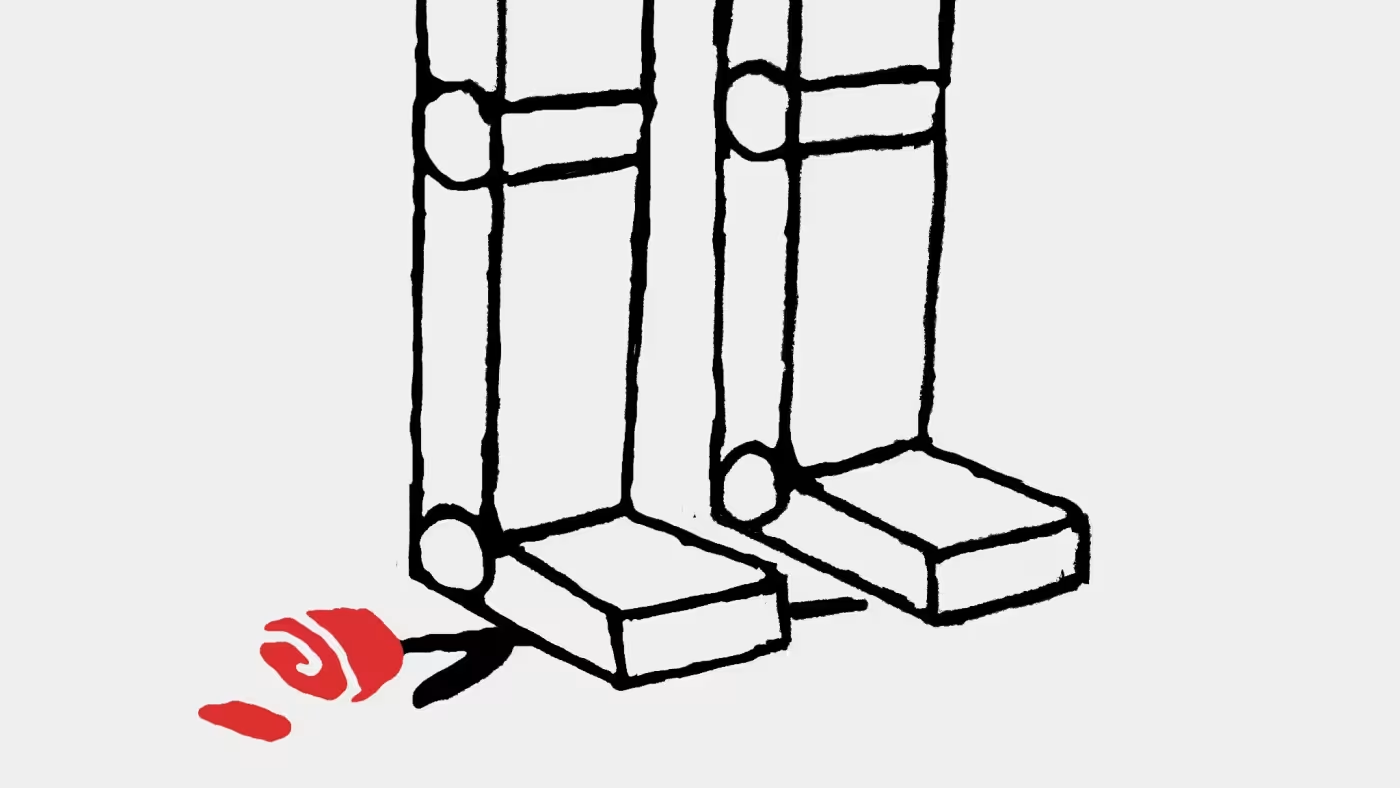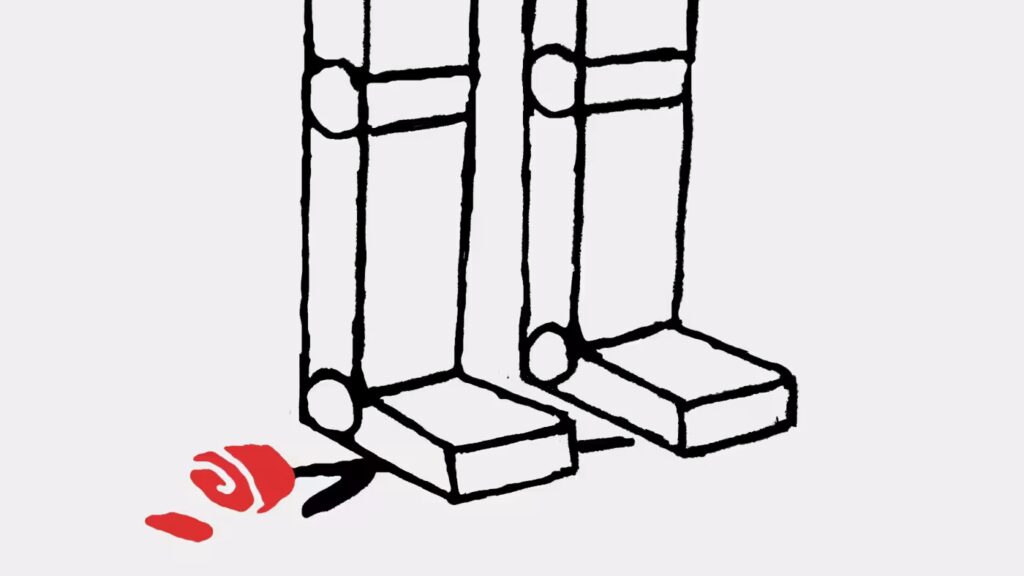
Not knowing whether art originated in someone’s heart or a data centre is a major enjoyment-killer

My cousin gave a wonderful speech for his father’s 60th birthday party last month. It had everything you would want from such a tribute — emotion, wit, sincerity, revelation. There I was, very much enjoying sitting back listening to it, chuckling at the just-embarrassing-enough jokes and sipping on my champagne self-restrainedly so the glass wasn’t totally empty by the time we got to the toast.
But suddenly an unpleasant, dispiriting feeling washed over me that sucked much of the joy out of my experience. Wasn’t it all a bit too perfect? Where did my young cousin learn how to write a speech like that? Had he had some artificially generated assistance?
I walked up to him afterwards and the words burst out of me before I had the chance to check my manners. “Brilliant speech,” I said. “Did you get some help from ChatGPT?”
I was apparently the third person to ask him the question, and he seemed to take it as a compliment. He assured me that he had thought the whole thing up himself, and I believed him. But I would be willing to put money on another well-received speech I witnessed recently being heavily assisted by artificial intelligence. Even if I’m wrong, the very fact that the thought occurred to me on both occasions greatly diminished my enjoyment.
Such examples are of course only the tip of the AI-ceberg (yes, ChatGPT could have done better than that). Will I ever again laugh quite so heartily at a comedian when I don’t know whether some of their jokes are artificially authored? Will I manage to feel quite such wonder at the lyrical genius of a rapper? Will I coo over a writer’s mastery of language with the same admiration? What about a nice message from a friend or even a letter from a lover — how can I know these words originated in their heart and not some data centre in northern Virginia?
I do try not to be a Luddite, and I am sure artificial intelligence will end up assisting us with all manner of scientific breakthroughs. I am also an eternal optimist. But I can’t help feeling that AI is, nonetheless, killing some of the magic of life.
Some people — certain interested parties in northern California in particular — will say my reaction is silly and unenlightened, and that similar moans were aired at the dawn of the internet, the synthesiser, the computer, the spinning jenny. Why shouldn’t I get just as much joy and satisfaction from witnessing artificially generated creativity, artistry and humour? Why shouldn’t my tears roll just as freely at an emotive bit of prose written by a large language model?
Furthermore, they will contest, there is no “magic”. As Sam Altman, chief executive of OpenAI, posted on X in 2023, “Everything ‘creative’ is a remix of things that happened in the past, plus epsilon and times the quality of the feedback loop and the number of iterations”. (Ah yes, the voice of someone who really gets creativity and artistry.) “People think they should maximize epsilon but the trick is to maximize the other two.”
By “epsilon”, a word used in mathematics to refer to something infinitesimally small, Altman seems to mean the je ne sais quoi, the artistic spark, the . . . magic. And this, he implies, is trivial. Well, call me a fool, but I find it hard to believe that there was no magic in the room when Paul McCartney wrote the chorus to Get Back in two minutes flat, and that this can be boiled down to a simple creativity equation such as Altman’s. Or that an eight-year-old Mozart was not tapping into some kind of higher power when he wrote his first symphony. Maybe I’m talking about God. Will God survive the AI revolution?
Such channelling of some kind of higher power — even for those who believe this power resides solely in our brains — is at the very least endangered, as people turn increasingly to generative AI to allow them to bypass such an effortful activity. And while yes, I’m sure AI can “boost” or “supercharge” your creativity as countless blog posts, social media threads and podcasts will tell you, it can also hugely limit it. So even if we get to a place in which AI truly does eclipse human creativity, it is this channelling that we must preserve if we are to keep experiencing what it means to be a human.
Because what utilitarian tech bros like Altman don’t seem to get is that creativity is not just about the final output; the act of being creative is itself in many ways the point. I am currently learning the guitar, not because I want to turn it into an alternative revenue stream for myself, but because of the sheer joy I get from sitting around singing songs with other people. No one — either human or machine — can take away that magic.
Source: https://www.ft.com/content/d003cdfc-aded-4a9d-9a24-e1aff5261cfa